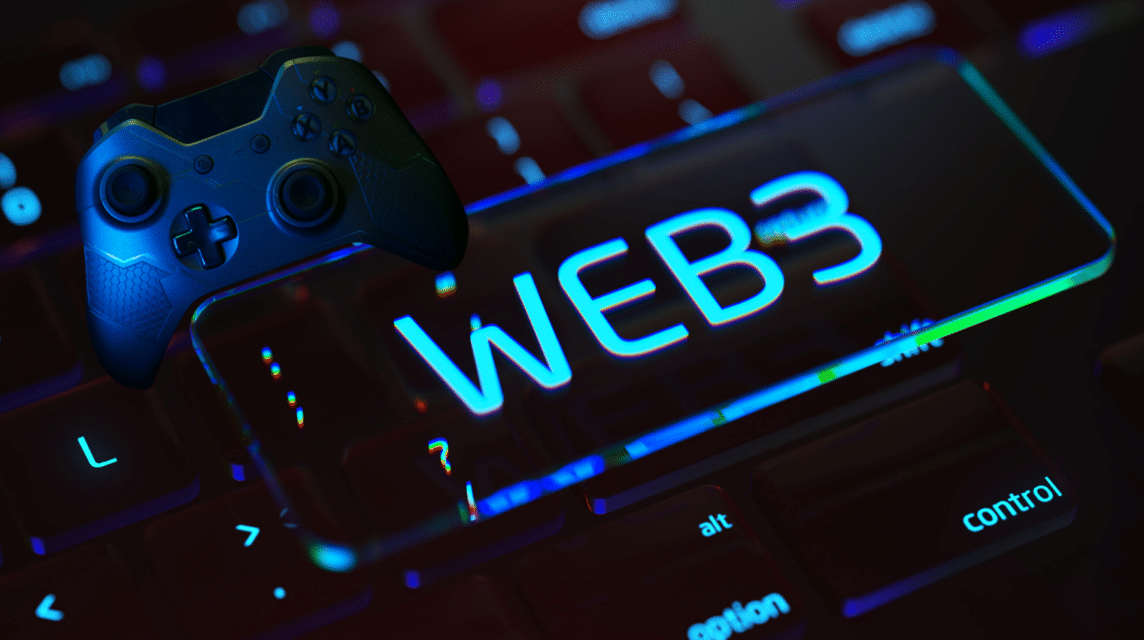
Games and Web3. Source: VCGamers
Web3 Developments in Gaming: A Look at the Digital Frontiers in South Korea
The global gaming industry has long been at the forefront of technological advancements in graphics, storytelling, online connectivity, and more. But it’s now undergoing some of its most exciting changes yet thanks to Web3 technologies, particularly blockchain, decentralized finance (DeFi), and non-fungible tokens (NFTs).
These technologies are important because they have come together to create a more immersive, player-centric experience. In South Korea , a country known for its technological prowess and vibrant gaming culture, Web3 solutions are significantly changing the way games are developed, played, and monetized.
In this article, we will explore how Web3 solutions are being applied in the South Korean gaming industry, and how these innovations are reshaping traditional gaming models – empowering players, creating new economic systems, and increasing transparency.
Also read:
Blockchain technology, a core component of Web3, is transforming the gaming sector by providing a decentralized and transparent ecosystem. This is increasingly evident in the way gaming platforms are integrating decentralized ledgers.
South Korean developers are increasingly exploring how blockchain can provide a secure, tamper-proof environment for gaming assets such as skins, characters, and even in-game currency.
An example is the concept of “Play-to-Earn” (P2E) games, which has become popular in South Korea.
By leveraging blockchain, P2E games allow players to earn real-world value from their in-game activities.
This is done by allowing users to earn rewards in cryptocurrencies or NFTs, which can then be traded on a decentralized exchange.
Blockchain platforms like Klaytn, a South Korean tech giant backed by Kakao, provide the infrastructure for these decentralized gaming experiences. In addition, blockchain integration has also made inroads into adjacent gaming areas, such as Gaming platforms.
In South Korea, blockchain is enabling gaming options such as a decentralized Powerball site that ensures fairness and transparency, demonstrating that Web3 is not only impacting traditional video games, but also the wider digital entertainment sector.
Also read:
Non-fungible tokens (NFTs) have revolutionized the concept of digital ownership , and in South Korea, NFTs are changing the way players interact with games. NFTs allow players to own unique in-game items, skins, and characters that are registered on the blockchain.
This gives real-world value to virtual goods that were once confined to the gaming environment. For example, a rare weapon or piece of armor in a massively multiplayer online role-playing game (MMORPG) could be represented as an NFT, which players could then sell or trade on the open market.
Game developers in South Korea are using NFTs to create new forms of player engagement. Companies like Wemade and Netmarble have released blockchain-based games that issue in-game items as NFTs. These items can be transferred between players or sold on secondary markets thanks to their blockchain-based nature.
This has created a new type of digital economy where players are not only consumers but also investors. Players can profit by selling their NFT assets.
By leveraging the transparency and security of blockchain, NFT-based games in South Korea also solve the problem of fraud and counterfeit goods that have been a problem in traditional gaming platforms. Since each NFT can be verified on the blockchain, players can trust the authenticity of their digital assets.
One of the biggest impacts of Web3 on Korean gaming is the decentralization of the gaming economy. Traditional gaming models typically rely on centralized platforms that control every aspect of the game, from the distribution of in-game items to the exchange of currency.
However, Web3 solutions decentralize this process, giving players more control over their in-game assets and currencies. This shift is even more pronounced with the growing popularity of decentralized finance (DeFi) in gaming.
Developers in South Korea are integrating DeFi protocols to create a gaming environment where players can not only earn cryptocurrencies, but also invest them or hold them in various financial mechanisms.
For example, players can earn interest by staking in-game tokens in a liquidity pool, giving them a financial incentive to do more than just play the game.
This decentralized model also extends to governance. Several blockchain-based games in South Korea are experimenting with decentralized autonomous organizations (DAOs) that allow players to vote on game updates, new features, or governance changes.
By allowing players to have a say in determining the future direction of the game, developers create a more engaged and invested community.
This shift from a centralized to a player-centric model aligns perfectly with the core principles of Web3 decentralization, and we are creating games where players have significant power in the in-game economy.
Web3 technology also opens up the possibility of greater interoperability between games. In the traditional gaming ecosystem, in-game items and currencies are tied to specific titles, but Web3 solutions, especially blockchain-based ones, allow players to transfer assets between different games.
This is especially appealing to Korean gamers, who enjoy a wide variety of genres and a wide variety of titles. For example, imagine a situation where players can use NFTs earned from one game in a completely different game.
This creates a broader digital ecosystem where virtual assets have utility across multiple platforms. South Korean gaming companies are already exploring this possibility by partnering with blockchain networks that support cross-game asset transfers.
This website uses cookies.